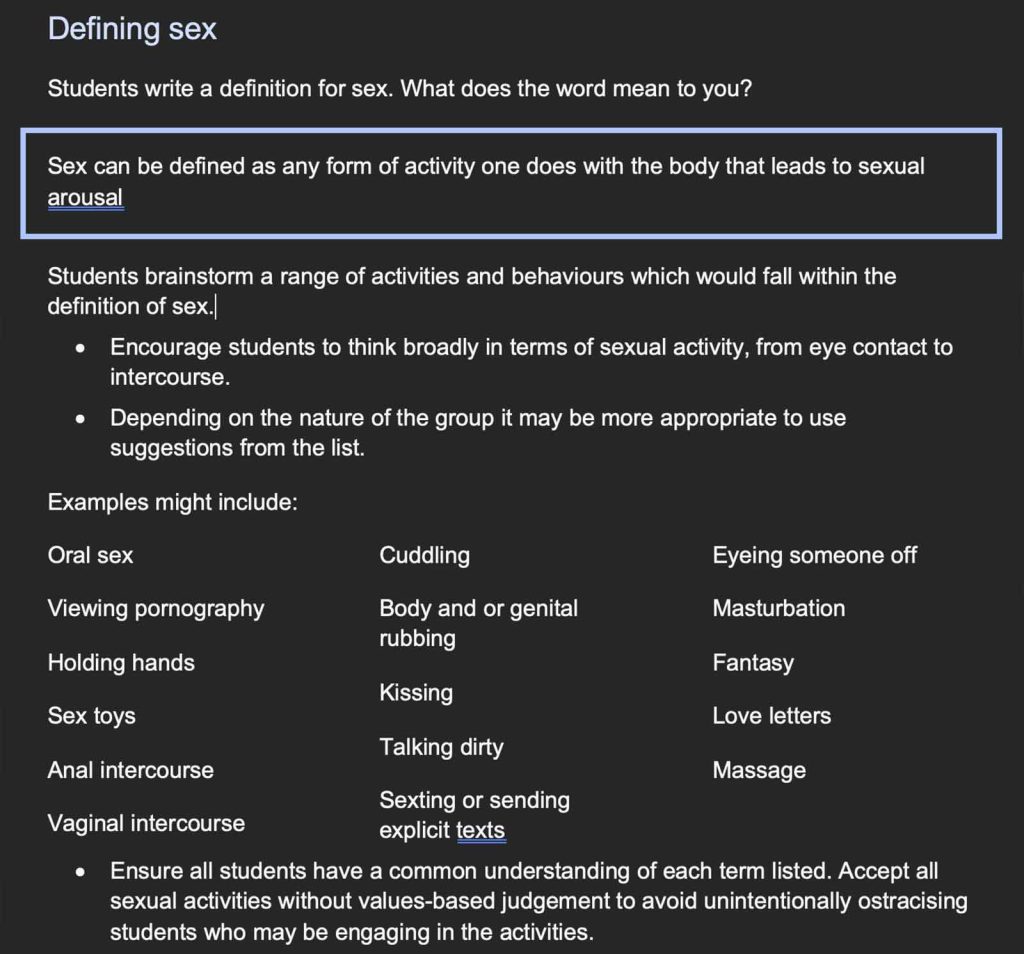The Mark Latham pile-on continues after the NSW One Nation leader refused to apologise for a now-deleted tweet that colleagues and the media have labelled “vile” and “homophobic.”
Latham made the “controversial” remark in response to homosexual MP Alex Greenwich, who had described Latham as a “disgusting human being” for his outspoken opposition to LGBTQ+ “indoctrination” in state schools.
“Mark Latham is a disgusting human being,” Greenwich said in a press conference after Latham met with concerned Christian parents at a church to discuss parental rights.
“People who are considering voting for One Nation need to realise they are voting for an extremely hateful and dangerous individual who risks causing a great deal of damage to our state.”
In response to a news story reiterating Greenwich’s comments, Latham tweeted: “Disgusting? How does that compare with sticking you d–k up a bloke’s a–e and covering it with s–t?”
Of course, it wasn’t long before the tweet went viral, with self-righteous media heads and politicians demanding an apology and an immediate resignation. But amidst all the pearl-clutching and hypocrisy, might we ask what exactly Latham’s crime here is?
Folks aren’t entirely sure. Some have said Latham’s sin is in suggesting that homosexual sex is “disgusting.” Really? What is “disgust,” if not a subjective, personal experience? Isn’t it just the inverse of one’s preference? We’re all inclined towards some things and repulsed by others. Are we supposed to pretend otherwise?
In a culture that makes every effort to legitimize every sexual preference, where’s the crime in a gay man saying he finds heterosexual sex “disgusting” – and why wouldn’t it apply the other way around? Have we really reached the point at which it’s deemed “homophobic” for a straight man to say he doesn’t like gay sex? Is this Latham’s crime?
Others have claimed the sin is Latham’s pornographic description of homosexual sex. That itself was “disgusting,” they say. It was! But isn’t that Latham’s point? The subject of debate here is whether this sort of material is appropriate, not on Twitter, but in the classroom.
This is the sort of thing that has been pushed on schools for over a decade in New South Wales, and worldwide. Back in 2009, the Australian Medical Association’s state budget submission reportedly urged “mandatory, comprehensive sex education be introduced into all state schools” for children as young as 10 years old.
The curriculum would include topics such as “anal sex, mutual masturbation and date rape.” It would also employ the use of terminology, such as “f-ck” and “blow job” in the classroom.
The Victorian AMA vice-president at the time reportedly argued that sex education ought to start before puberty as it’s “too late” to begin sex education after “children are sexually active.”
Concerned parents have been warning of disturbing sex education material for years. In 2017, Marijke Rancie slammed the ‘Safe Schools’ program, accusing it of “sexualising” students by teaching kids about anal sex and the use of sex toys.
“My daughter brought home evidence of being taught how to masturbate,” she claimed in a video that went viral across social media. “How to masturbate using things like electric toothbrushes. It sexualises children.”
Rancie went on to say, the lessons are “teaching [students] about anal sex and anal sex positions.
“The program is absolutely disgusting and it needs to stop,” she added.
Here’s a snapshot from the NSW Department of Education’s website on “applying relationship skills for enthusiastic consent.”
The document encourages students to “brainstorm a range of activities and behaviours which would fall within the definition of sex,” and offers several suggestions to discuss, including “anal intercourse,” “sexting,” “masturbation,” and “viewing pornography.”
Teachers are to “ensure all students have a common understanding of each term listed.” Furthermore, teachers are to “accept all sexual activities without values-based judgement to avoid unintentionally ostracising students who may be engaging in the activities.”

It is precisely this sort of graphic material that Latham has been fighting against. And it’s to Alex Greenwich, Latham says, that the state Liberal government was looking to for help with framing “family policies.”
According to Latham, this includes “gender fluidity teaching in schools; banning parents, priests, and counsellors from advising and trying to assist in transgender children; and spending huge amounts of taxpayers’ money on the promotion of LGBTIQ.”
What Latham has vividly demonstrated, however, is that material too descriptively offensive for Twitter ought to be regarded too descriptively offensive for our children. If it’s out of place on social media, then how much more the classroom?























You must be logged in to post a comment.